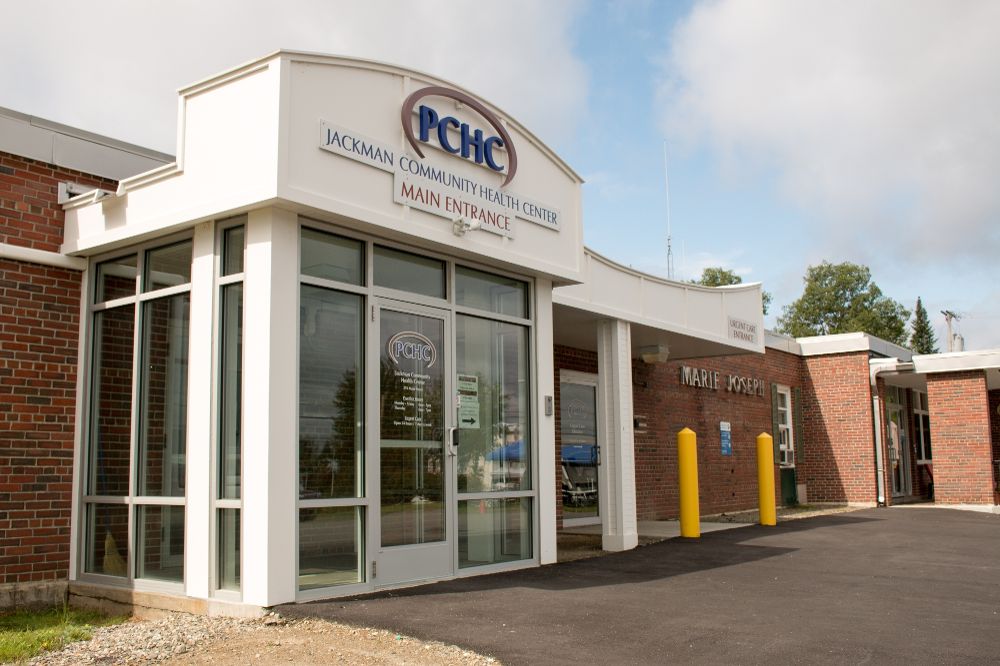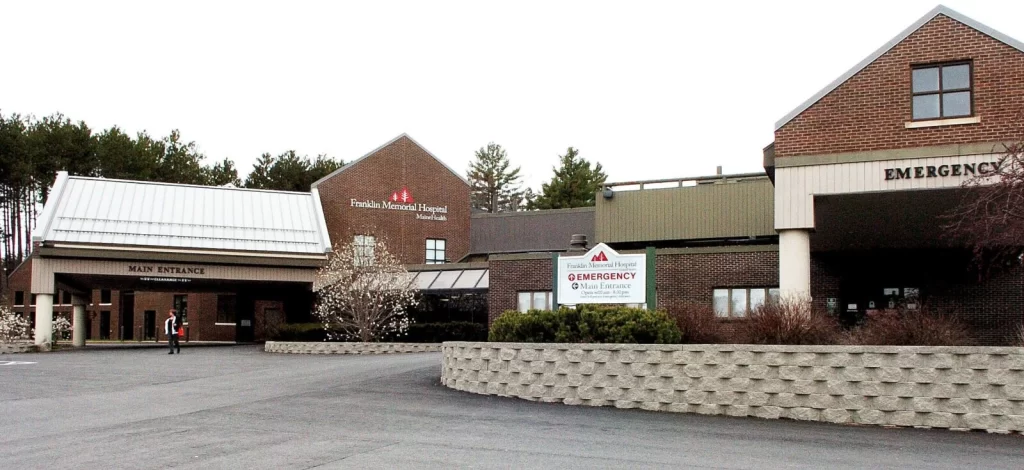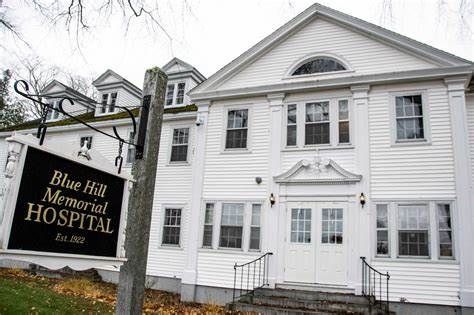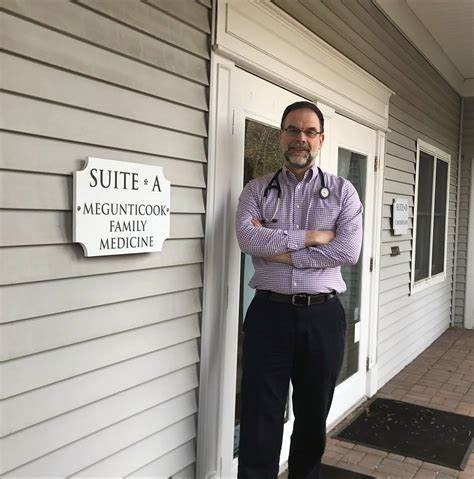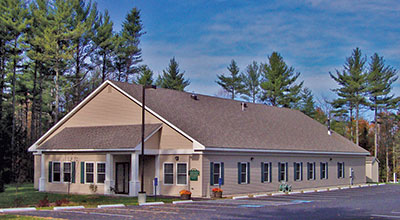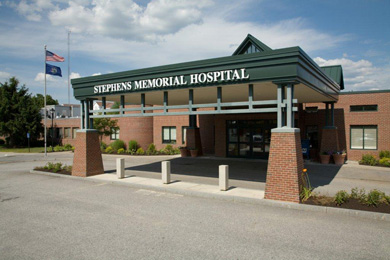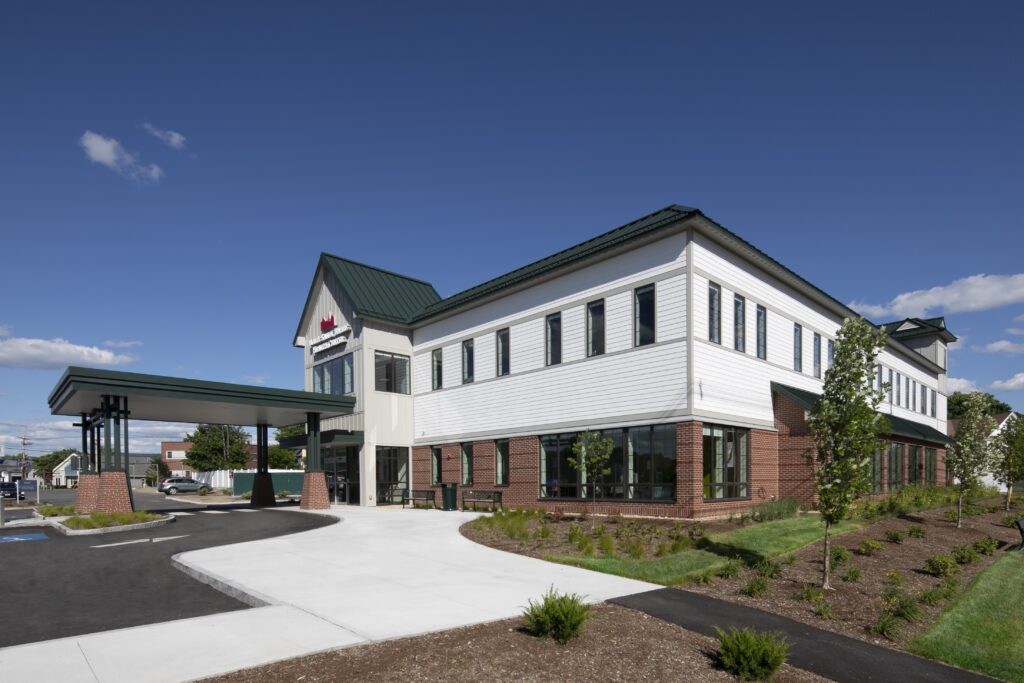Pre-requisite: General Surgery Residents PGY2 level or above
Duration for Elective: 2 or 4 weeks
Rotation Director: Joseph Dougherty, MD
Educational Objective
This rotation will provide the General Surgery resident an opportunity to experience rural surgery practice, spanning the full array of elective and emergent general surgery, including trauma, in the resource limited environment of a critical access hospital (CAH) in rural Maine. Surgeons in this setting manage a wide spectrum of patients presenting with both common and uncommon diagnoses, varying in acuity from preventative care to chronic conditions to acutely critically ill, without immediate access to subspecialty consultation on site or the typical resuscitation capabilities of a major trauma center. Trainees will gain a first-hand appreciation of the breadth and depth of comprehensive surgical knowledge and skills the rural surgeon must maintain, including those typically abdicated to subspecialties in larger population centers, and exposure to the mind-set needed in a resource limited setting. Trainees will hone their ability to adapt and improvise within the parameters of safe surgical patient care, learning to triage those patients that must be offered intervention in the CAH setting versus those who can be temporized for transfer to higher-levels of care as appropriate. In this particular community, we see patients from all over the world and all socioeconomic strata, providing trainees the opportunity to further develop their skillsets for treating patients of diverse backgrounds.
Experiences and Procedures
- The resident’s primary responsibility is to spend as much time as possible in the OR or endoscopy suite. Operative duties will be assigned commensurate with the resident’s level of training and demonstrated capabilities, up to and including performing endoscopies and surgeries with direct attending surgeon oversight. The resident must keep a log of all surgeries and endoscopies performed during the rotation and is expected to make substantive progress toward completion of the ACGME endoscopy requirements during the rotation.
- If the resident is free of OR duties, see patients in the General Surgery clinic in conjunction with the attending surgeon.
- Take surgical call, in conjunction with the on-call surgeon. Call is taken from home, with a 20 minute response time to the hospital required in emergencies. Emergency call-backs are uncommon. Resident schedules are flexible.
- Round daily on surgical inpatients (typical inpatient census of 1 to 4 patients) in cooperation with the attending surgeon. Manage surgical patients on the inpatient medical-surgical unit and well as in our ICU (3-bed).
- Perform admissions, daily rounding, discharges, documenting in our EHR (Cerner). Provide surgical consultation for Medicine inpatients as requested.
- Work cooperatively and collaboratively with ED providers when called upon for a surgical patient evaluation.
Housing
Mount Desert Island Hospital has recently built the Kogod Center, a new on-site housing facility. The building provides an extended learning experience with living and eating spaces alongside organized seminars in the evening. Learners each have their own bedroom and bathroom with shared cooking and living spaces. MERGE learners are billed a discounted rate of $375/week for lodging. Reimbursement may be available through the MERGE Collaborative per the MERGE Housing Reimbursement Policy.
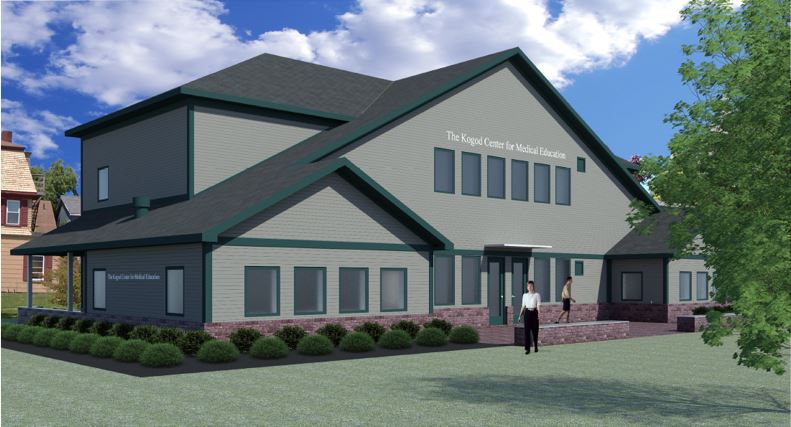
Additional Information
The American Board of Surgery defines rural hospitals (RH) as those that serve a population of fewer than 50,000 people. Rural surgeons must have a toolbox of vast procedural capabilities, covering the full range of “bread and butter” general surgery operations from breast care to colectomies, as well as all manner of rural traumatic injuries, from farm accidents to hunting misadventures and everything in between. The rural surgeon’s role often encompasses the primary care needs of their patients, including colonoscopies, medical management of bowel disease, and procedures outside the scope of modern general surgery such as vascular access and cesarean section. All of these opportunities and more are available during this elective rotation.
The wide spectrum of care provided by rural surgeons highlights the great importance of rural surgeon availability for the care of dispersed populations. However, a shortage of more than 23,000 rural surgeons is expected in the coming years (Mercier, 2019). The benefits of surgery training in resource-scarce settings are supported by research. Trainees in rural hospitals report more operative confidence, hands-on experience, and patient care continuity(Hao, 2020). During this rotation, surgical residents have the freedom to concentrate their time and efforts where they feel the greatest benefit is to be gained, whether in the OR, the endoscopy suite, or learning to manage the expectations and experiences of the elective patient population. Our teaching staff is here to help residents achieve their rotation goals.
- Mercier PJ, Skube SJ, Leonard SL, McElroy AN, Goettl TG, Najarian MM, Termuhlen PM, Chipman JG. Creating a rural surgery track and a review of rural surgery training programs. J Surg Educ. 2019 Mar-Apr;76(2):459-468. https://doi.org/10.1016/j.jsurg.2018.09.004
- Hao S, Johnson HM, Celio A, Frye L, Bayouth L, Joseph J, Walsh DS. Rural general surgery experience as a valuable adjunct to an academic based general surgery residency. J Surg Educ. 2020 May-Jun;77(3):598-605. https://doi.org/10.1016/j.jsurg.2019.11.007
Conditions treated by General Surgery at MDIH:
- Abdomen
- Abdominal Abscess
- Abdominal Hernias (umbilical, ventral, diaphragmatic, hiatal, incisional, internal, inguinal, Spigelian, femoral, obturator, paraesophageal, etc.)
- Abdominal Trauma
- Acute Abdomen and Pregnancy
- Acute Appendicitis
- Acute Mesenteric Ischemia
- Bariatric Surgery
- Benign Gastric Tumors
- Benign Neoplasms of the Small Intestine
- Biliary Dyskinesia
- Cesarean Section
- Cholecystocutaneous Fistula
- Chronic Diarrhea
- Diaphragmatic Rupture
- Diverticular Disease
- Enhanced Recovery After Surgery (ERAS) in Emergency Abdominal Surgery
- Enterocutaneous Fistula
- Gallbladder Mucocele
- Gallbladder Tumors
- Gallbladder Volvulus (Torsion)
- Gastric Outlet Obstruction
- Gastric Volvulus
- GERD (gastroesophageal reflux disease), Chronic
- GI Bleeding
- Hepatic Cysts
- Hiatal hernia repairs
- Inflammatory Bowel Disease
- Intestinal Fistula Surgery
- Intestinal Perforation
- Intraperitoneal Adhesive Disease
- Liver Abscess
- Meckel Diverticulum
- Mesenteric Tumors
- Metabolic Syndrome
- Neurogenic Bowel Dysfunction
- Omental Torsion
- Postcholecystectomy Syndrome
- Radiation Enteritis and Proctitis
- Short-Bowel Syndrome
- Small Bowel Obstruction
- Solid Omental Tumors
- Splenic Abscess
- Splenic Infarct
- Surgical Approach to Peritonitis and Abdominal Sepsis
- Surgical Treatment of Perforated Peptic Ulcer
- Temporary Abdominal Closure Techniques
- Toxic Megacolon
- Breast
- Benign breast mass
- Breast abscess
- Breast pain
- Malignant breast mass
- Nipple discharge
- Colorectal
- Anal Fissure
- Anorectal Abscess
- Coloenteric Fistula
- Colon Cancer
- Colovesicle Fistula
- Fistula-in-Ano
- Gardner Syndrome
- Hemorrhoidal Bleeding
- Hemorrhoid Thrombosis
- Neurogenic Bowel Dysfunction
- Perianal Cysts
- Perianal Granuloma
- Pilonidal Disease
- Proctitis and Anusitis
- Proctitis and Proctocolitis Organism-Specific Therapy
- Pseudomembranous Colitis Surgery
- Rectal Cancer
- Rectal Prolapse
- Rectovaginal Fistula
- Sigmoid and Cecal Volvulus
- Endoscopy
- Barrett’s Esophagus (surveillance)
- Bronchoscopy (diagnostic and therapeutic)
- Colonoscopy (diagnostic and therapeutic)
- Dysphagia
- EGD (diagnostic and therapeutic)
- Esophageal Varices
- Gastritis
- Mucosal Resections
- Lymphatic System
- Axillary Dissection
- Lymphatic Leakage
- Sentinel Lymph Node Biopsy
- Skin and Soft Tissue
- Abscesses
- Acute trauma
- Chronic wounds
- Cryotherapy
- Fungal infections
- Hidradenitis Suppurativa
- Incisional Infections
- Lipoma
- Panniculitis
- Pilonidal Disease
- Pressure Injuries (Pressure Ulcers) and Wound Care
- Sarcoma
- Sclerotherapy
- Skin Cancers of all kinds
- Thyroid Nodules
- Varicose Veins
- Surgical Intensive Care
- Hemorrhagic shock
- Postoperative care of the surgical patient
- Sepsis source control
- Traumatic respiratory failure
- Trauma
- Blunt trauma
- Penetrating trauma
- Thorax
- Acute Pneumothorax
- Broncheoalveolar Lavage
- Bronchial Biopsy
- Pleural Effusion
- Tracheostomy
- Traumatic Hemothorax
- Tube Thoracostomy (chest tube)
- Rib Fractures
- Recurrent Pneumonia
- Resuscitative Thoracotomy
- Vascular
- Acute traumatic vascular injuries
- Central line placements
- Hemodialysis access
- Implanted ports for chemotherapy
- Wounds
- Chronic Wound closures
- Skin Grafting
- Wound Exploration
- Wound Healing and Repair
- Wound Infection




